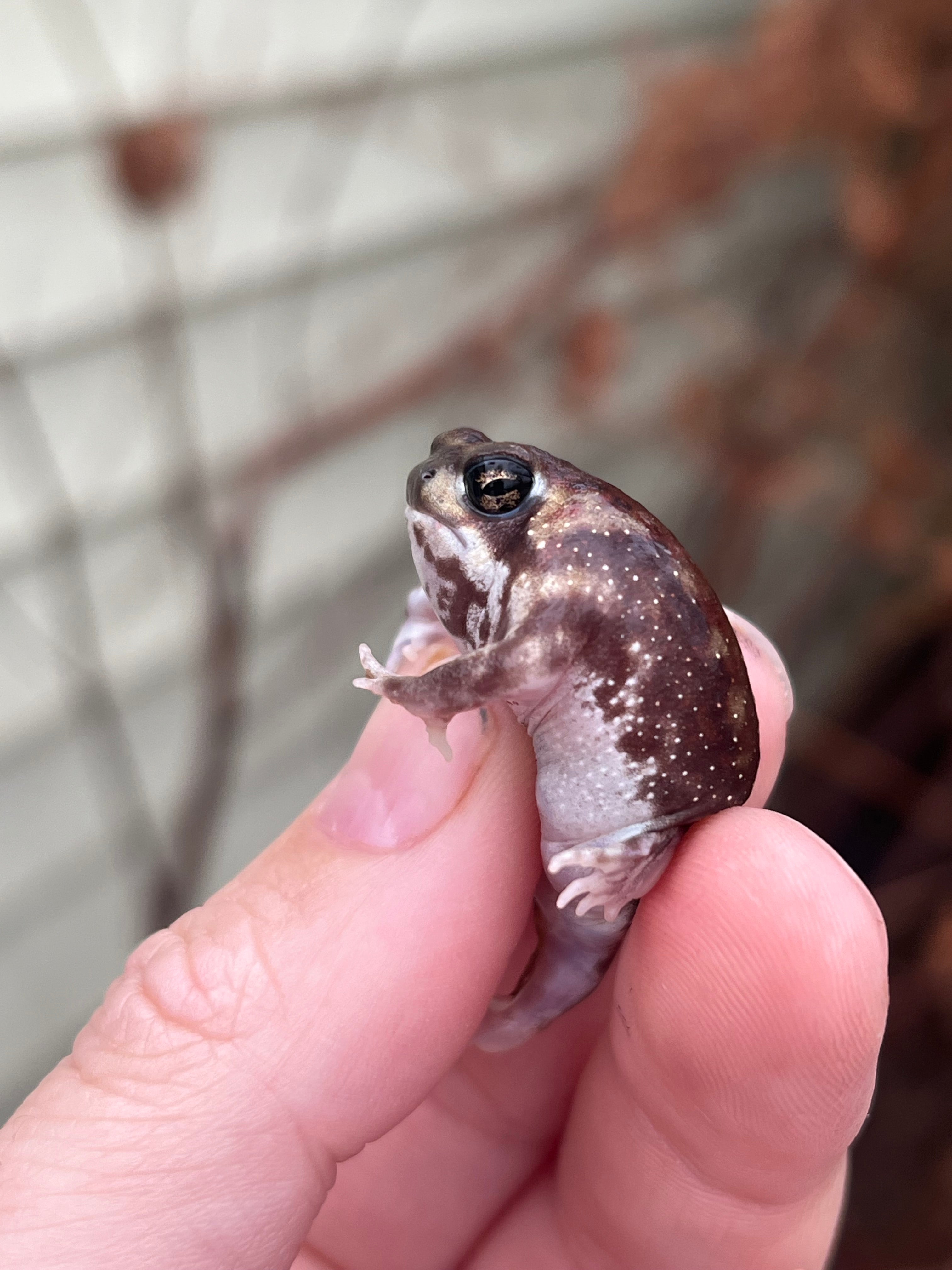Discover Unmatched Appeal: Rain Frog for Sale Awaits to Enhance Your Life!
Discover Unmatched Appeal: Rain Frog for Sale Awaits to Enhance Your Life!
Blog Article
Common Wellness Issues in Reptiles: Symptoms and Solutions
In the detailed world of reptile treatment, understanding the usual health problems that might impact these one-of-a-kind animals is critical in ensuring their health. From respiratory system infections that can calmly hold to metabolic bone conditions that can disable, reptiles are vulnerable to a variety of disorders that call for eager observation and timely intervention. Whether it's facing parasitical problems, browsing dehydration worries, or resolving skin conditions that materialize in subtle methods, being attuned to the signs and geared up with the understanding of efficient solutions is essential for any type of reptile proprietor. By diving additionally into the subtleties of these wellness issues and checking out the useful solutions offered, one can secure the wellness and vigor of these fascinating animals.
Respiratory System Infections
Breathing infections in reptiles can significantly influence their overall health and require timely attention from seasoned vets. In reptiles, respiratory system infections can be especially challenging to diagnose and treat due to their unique anatomy and physiology.
Therapy for breathing infections in reptiles commonly includes a combination of supportive care, such as keeping appropriate humidity degrees and temperature gradients in the unit, along with targeted drug to address the certain pathogen responsible for the infection. It is critical for reptile owners to monitor their animals closely for any kind of indications of respiratory system distress and seek veterinary care at the earliest sign of an issue. With timely treatment and proper treatment, lots of reptiles can recover fully from respiratory system infections and resume typical activities.

Metabolic Bone Condition
What variables add to the advancement of Metabolic Bone Condition in reptiles?
Metabolic Bone Disease (MBD) in reptiles is largely brought on by an absence of proper calcium, phosphorus, and vitamin D3 degrees in their diet plan. When reptiles do not receive ample calcium, either via their food or correct UVB exposure for vitamin D3 synthesis, they go to a high danger of developing MBD. Reptiles with diet plans reduced in calcium or imbalanced calcium to phosphorus ratios are particularly susceptible. Furthermore, insufficient direct exposure to UVB light prevents reptiles from synthesizing vitamin D3, which is crucial for calcium absorption and bone wellness.
Other adding elements to MBD consist of incorrect temperature slopes within the reptile's environment, resulting in reduced metabolism and impaired calcium absorption. Inadequate moisture degrees can additionally affect a reptile's capacity to metabolize calcium successfully. In addition, specific reptile types have specific nutritional requirements that, otherwise fulfilled, can raise the probability of developing MBD. Normal veterinary exams, proper husbandry methods, and a balanced diet regimen are necessary to prevent Metabolic Bone Illness in reptiles.
Parasitical Invasions
Parasitic invasions posture a significant health and wellness risk to reptiles, impacting their general health and calling for timely veterinary focus. Reptiles can be affected by different parasites, including mites, ticks, interior worms, and protozoa. These parasites can trigger an array of symptoms, such as weight management, lethargy, skin irritability, diarrhea, and also death if left unattended.
One typical bloodsucker located in reptiles is the mite, which can cause skin anemia, stress and anxiety, and irritation. Click Here Ticks are another exterior bloodsucker that can transmit conditions and trigger discomfort to the reptile. Inner parasites like worms and protozoa can bring about digestion concerns, lack of nutrition, and deteriorate the reptile's immune system.
To identify a parasitical problem, a veterinarian may do fecal examinations, skin scrapings, or blood examinations. Therapy commonly includes deworming drugs, antiparasitic baths, or in severe cases, a hospital stay. Preventative procedures such as regular vet examinations, proper hygiene, and quarantine treatments for brand-new reptiles can help lessen the risk of parasitical invasions and make certain the health of reptile family pets.
Dehydration and Hydration Issues
Dehydration in reptiles can substantially impact their wellness and well-being, demanding prompt intervention and suitable hydration administration. Reptiles are prone to dehydration due to various aspects such as insufficient water consumption, high ecological temperatures, and particular wellness problems. Signs and symptoms of dehydration in Extra resources reptiles consist of sunken eyes, lethargy, loss of skin elasticity, and minimized urination. If left neglected, dehydration can result in serious wellness concerns and even be deadly to the reptile.
To avoid dehydration, reptile owners must make certain that their pets have accessibility to clean water whatsoever times. The water meal ought to be huge sufficient for the reptile to take in if needed, particularly for types that take in water via their skin. Furthermore, maintaining correct description humidity degrees in the reptile's enclosure and supplying normal bathrooms can help stop dehydration.
In cases of dehydration, it is critical to look for veterinary care immediately. A veterinarian might carry out fluids either by mouth or via injections to rehydrate the reptile. It is important to attend to the underlying reason for dehydration to stop reappearance and ensure the reptile's total well-being.
Skin Disorders

Final Thought

Respiratory infections in reptiles can significantly affect their general wellness and call for punctual focus from skilled vets (rain frog for sale). Preventative measures such as regular vet exams, proper health, and quarantine procedures for brand-new reptiles can help lessen the risk of parasitical infestations and make sure the health of reptile family pets
If left without treatment, dehydration can lead to significant wellness issues and even be deadly to the reptile.
On a regular basis evaluating your reptile for any kind of adjustments in skin appearance, structure, or color can help in early detection and treatment of skin disorders, promoting the overall wellness and health of your scaly friend. - rain frog for sale
In verdict, reptiles are vulnerable to various wellness issues such as respiratory system infections, metabolic bone disease, parasitic invasions, dehydration, and skin disorders.
Report this page